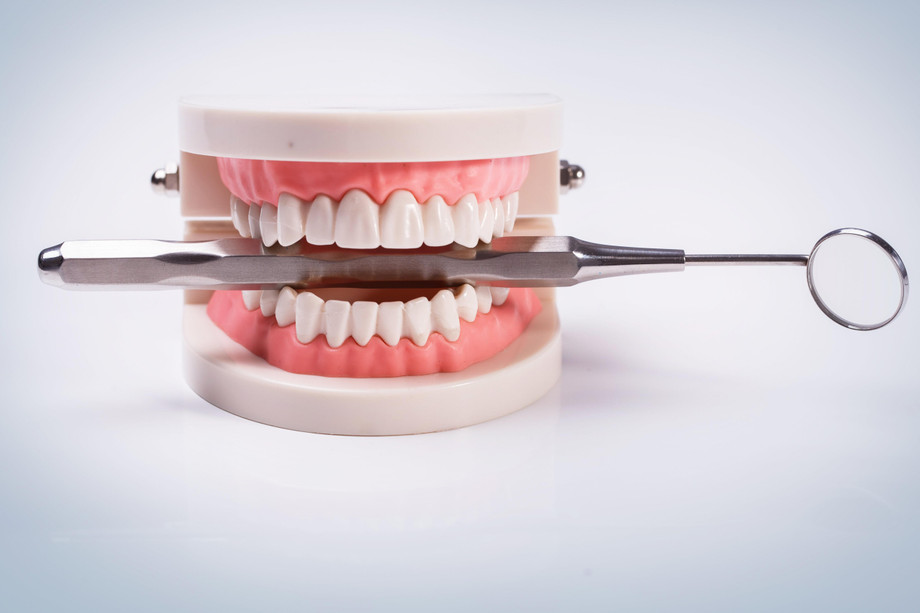How Do You Choose The Best Dental Implants?
Missing teeth can be a source of both functional and aesthetic concern. They can impact your ability to chew comfortably, and speak clearly, and affect your confidence in social situations. Dental implants offer a revolutionary solution, restoring your smile and oral health in a way that feels natural. But with numerous brands and options available, navigating the world of the best dental implants can feel overwhelming. This blog post aims to be your one-stop guide, providing insights into the different types of implants, factors to consider when choosing them, and the overall process involved.
Understanding the Best Dental Implants:
A dental implant is a small, screw-like post, typically made of titanium, surgically placed into your jawbone. It acts as an artificial tooth root, providing a stable foundation for a crown, bridge, or denture. Unlike traditional dentures that rest on the gums, implants fuse with the jawbone through a process called osseointegration. This creates a strong, long-lasting connection that mimics the function of a natural tooth root.
Types of Best Dental Implants:
There are various implant types, each suited to specific needs:
- Endosteal Implants: These are the most common type, suitable for most patients with sufficient jawbone density. They are surgically inserted directly into the jawbone.
- Subperiosteal Implants: These are placed on top of, rather than within, the jawbone. They are typically used for patients with limited jawbone height or those who cannot undergo bone grafting procedures.
- Zygomatic Implants: These specialized implants are used for patients with severe bone loss in the upper jaw. They are anchored in the cheekbone (zygomatic bone) for added stability.
Factors to Consider When Choosing the Best Dental Implants:
Here are some key aspects to discuss with your dentist when deciding on dental implants:
- Your oral health: A healthy mouth free from gum disease is crucial for successful implant placement.
- Jawbone Density: Sufficient bone volume is necessary for proper osseointegration. If your jawbone has deteriorated, bone grafting procedures might be required before implant placement.
- Number of Teeth Missing: The number and location of missing teeth will determine the type and number of implants needed.
- Desired Restoration: Implants can support various restorations, including single crowns, bridges, or full dentures. Discuss your aesthetic and functional preferences with your dentist.
- Cost: Dental implant treatment can be an investment. The cost varies depending on factors like the number of implants, materials used, and the complexity of the procedure.
Best Dental Implants Process:
The dental implant process typically involves multiple stages:
- Consultation and Planning: This initial step involves a thorough examination to assess your oral health and suitability for implants. X-rays or CT scans might be taken to evaluate your jawbone structure. Your dentist will discuss treatment options, answer your questions, and create a personalized treatment plan.
- Implant Placement: The implant surgery is usually performed under local anesthesia. Your dentist creates a small incision in the gum tissue and drills a hole in the jawbone to accommodate the implant. The implant is then surgically placed into the jawbone.
- Healing Period: Following implant placement, a healing period of several months is necessary for osseointegration to occur.
- Abutment Placement: Once the implant has integrated with the jawbone, a small connector piece called an abutment is attached to the implant.
- Crown, Bridge, or Denture Placement: The final restoration, whether a crown, bridge, or denture, is then secured onto the abutment, completing the implant process.
Advantages of the Best Dental Implants:
Dental implants offer a plethora of advantages over traditional bridges and dentures, including:
- Improved Functionality: Implants provide a stable foundation, allowing you to chew and speak with confidence.
- Enhanced Appearance: Implants look and feel natural, restoring your smile's aesthetics.
- Durability: Dental implants are built to last a lifetime with proper care.
- Confidence Boost: A complete and natural-looking smile can significantly boost your self-esteem.
- Improved Oral Health: Implants prevent bone loss in the jaw, which can occur with traditional dentures.
Caring for Your Best Dental Implants:
Maintaining good oral hygiene practices like regular brushing, flossing, and professional dental cleanings is crucial for the long-term success of your implants. Your dentist will also provide specific instructions on caring for your implants and restorations.
Conclusion:
Best Dental Implants is a transformative dental technology that can restore your oral health and confidence. By understanding the types of implants available, factors to consider, and the treatment process, you can make an informed decision about whether implants are right for you. Remember, consulting with a qualified and experienced dentist is the first step towards achieving a healthy and beautiful smile with dental implants.




Comments
Post a Comment